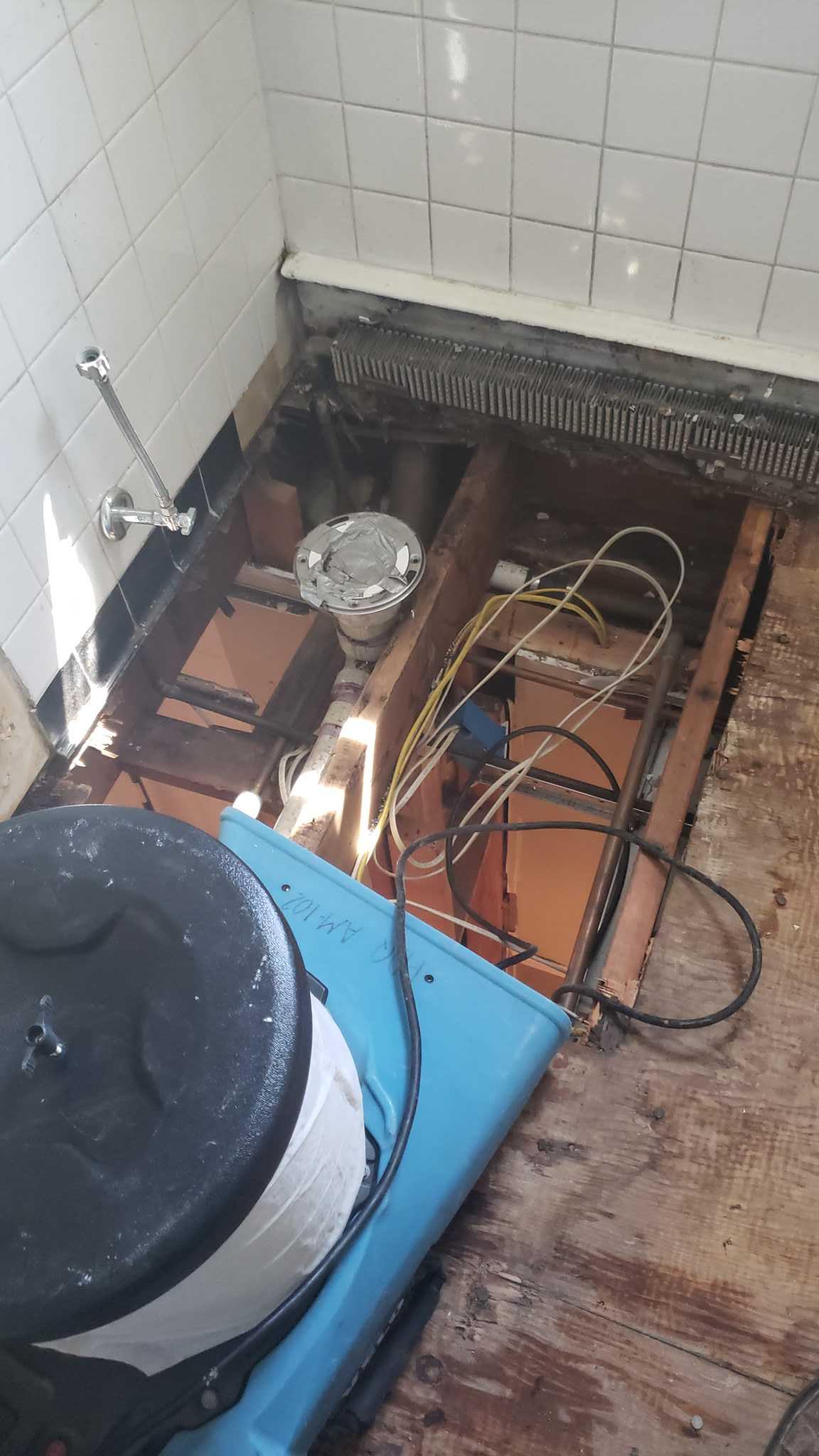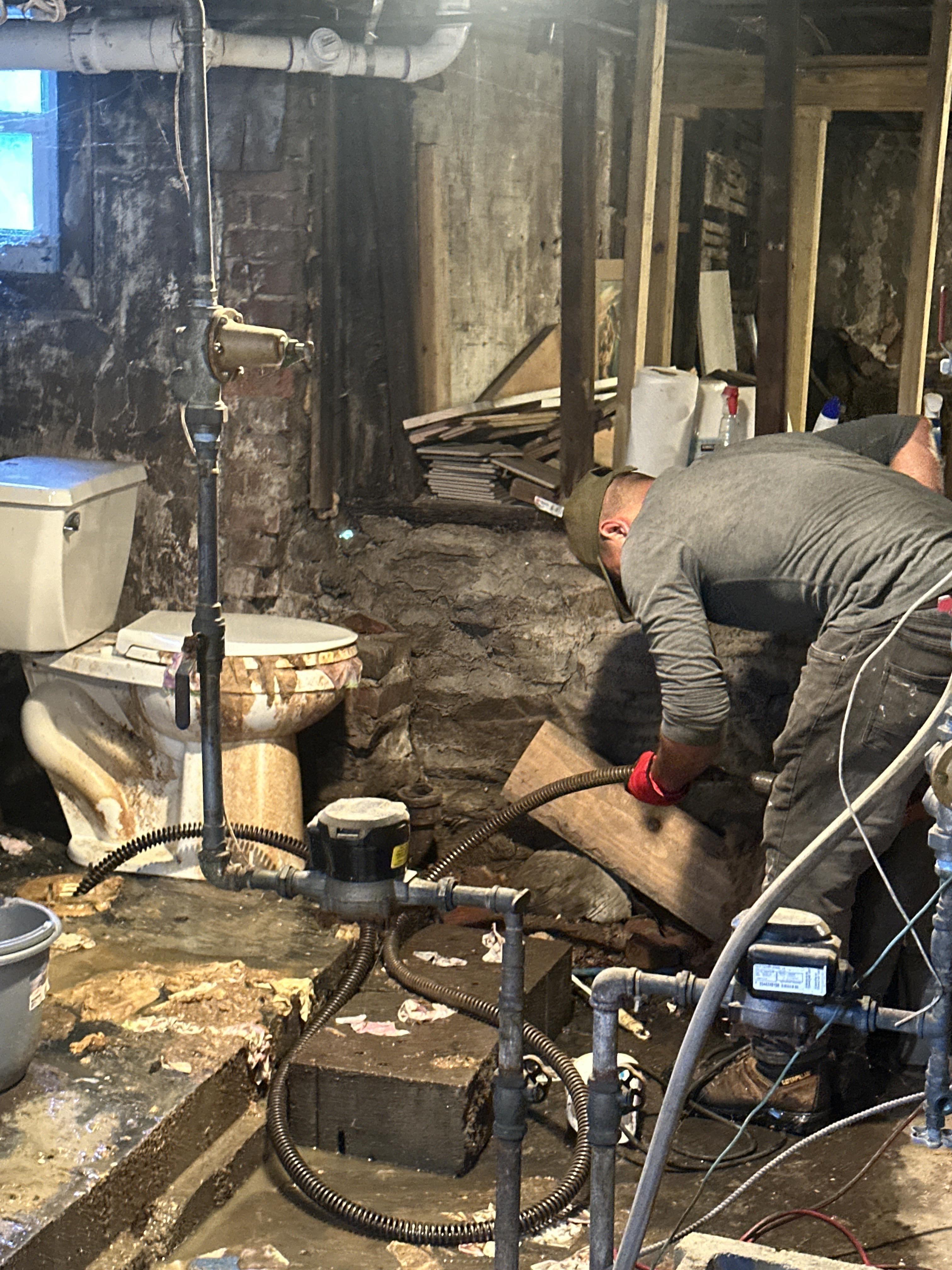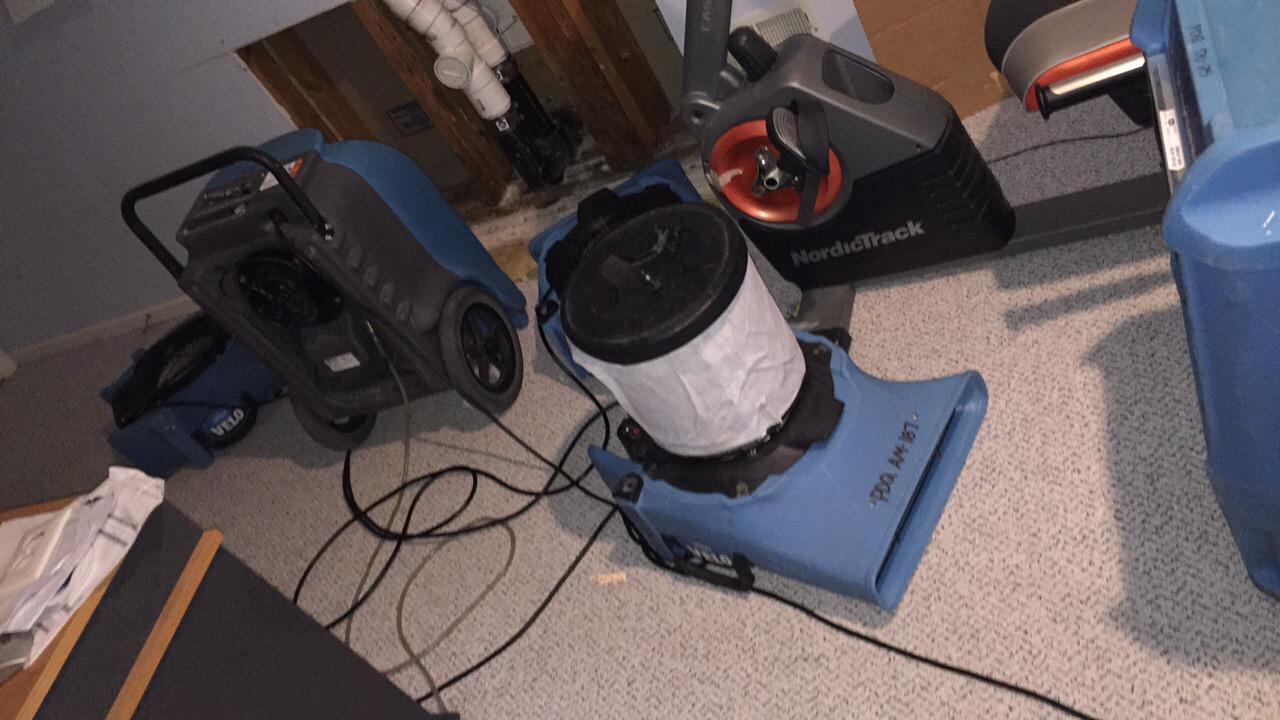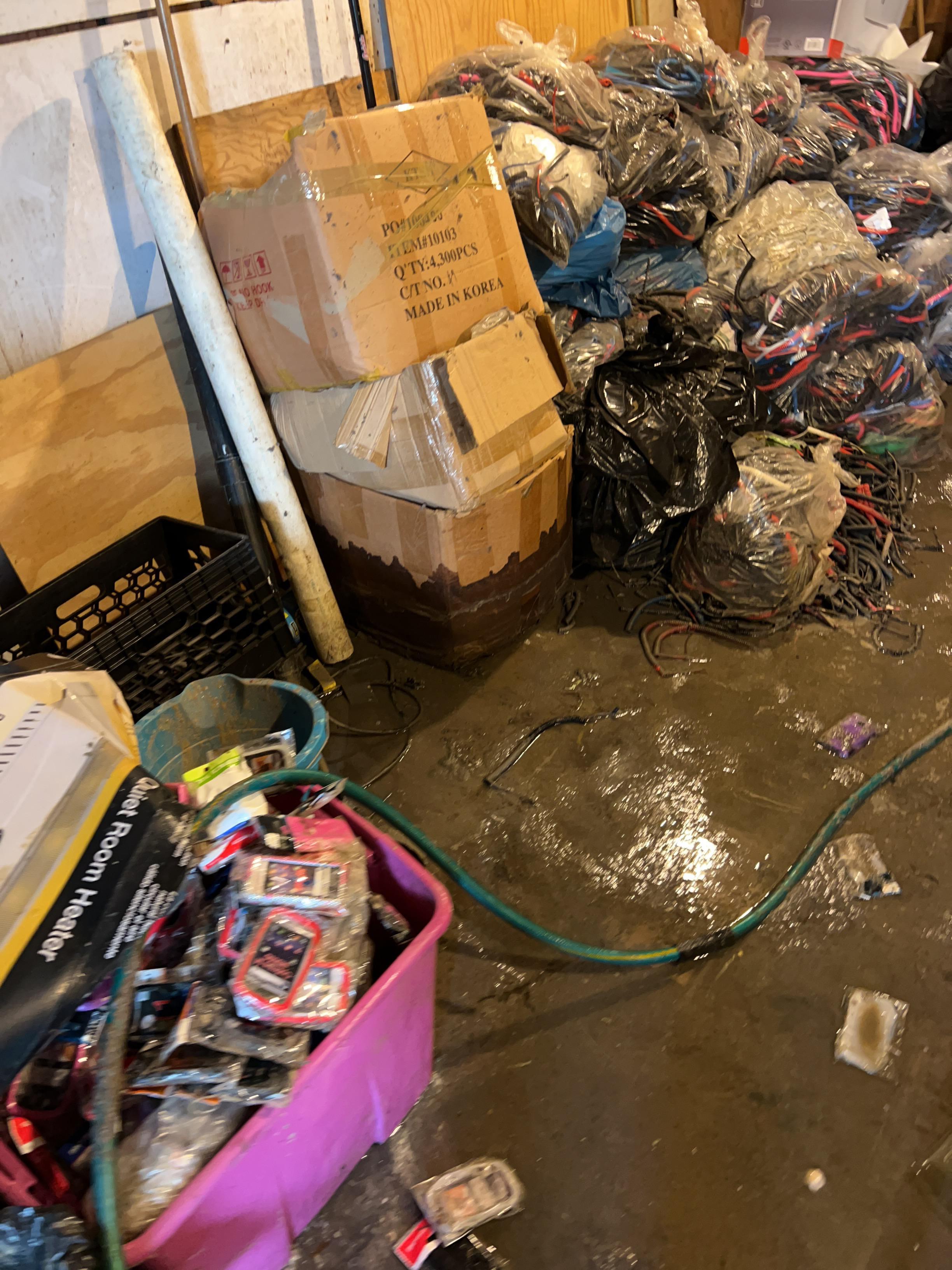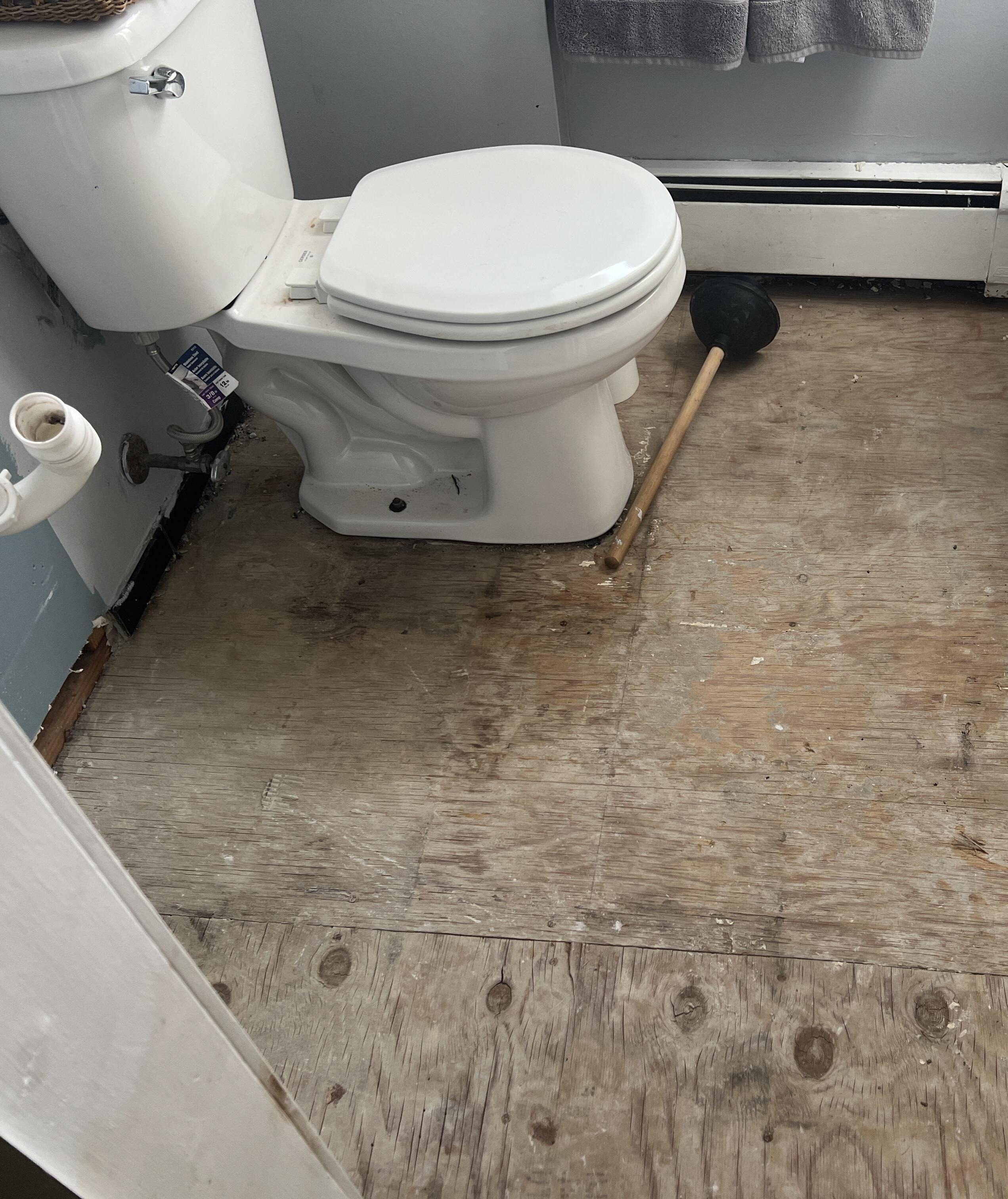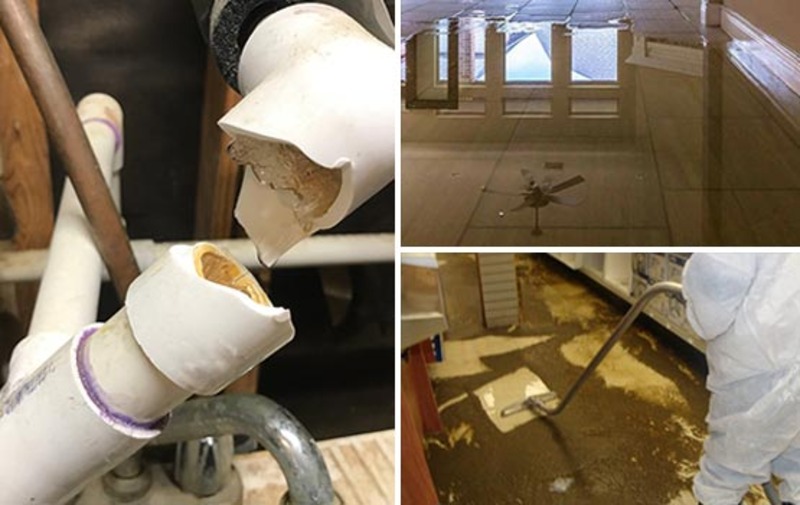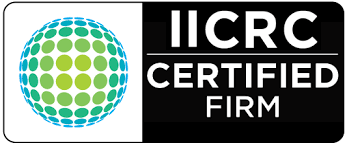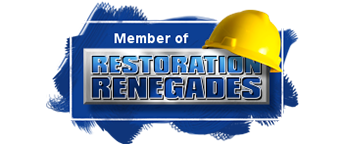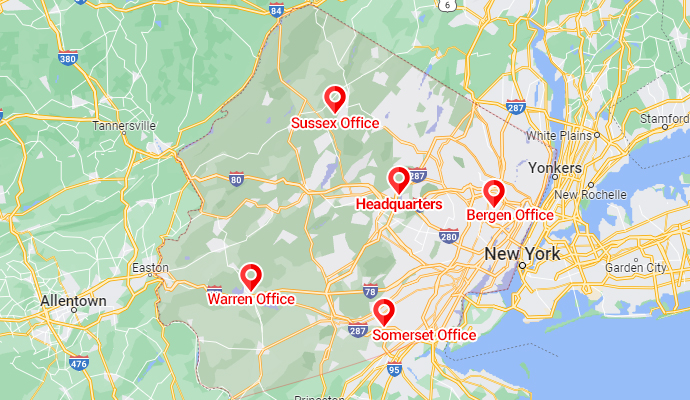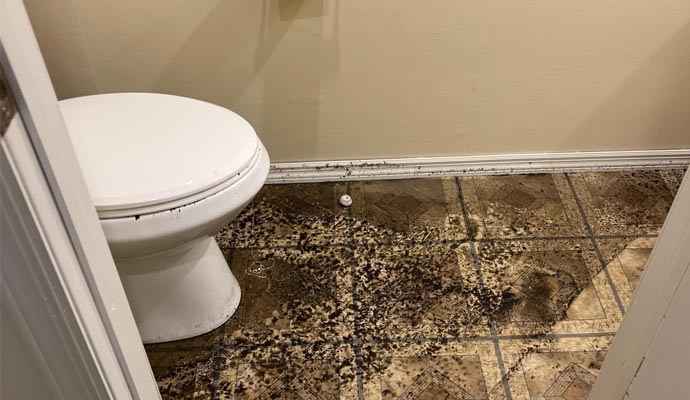
How to prevent sewage backups
A sewer backup can be a disastrous event for any homeowner or business owner. Not only is it unpleasant to deal with, but it can also cause significant damage to the property, create health hazards, and lead to costly repairs. Understanding the causes of sewer backups can help you take steps to prevent them.
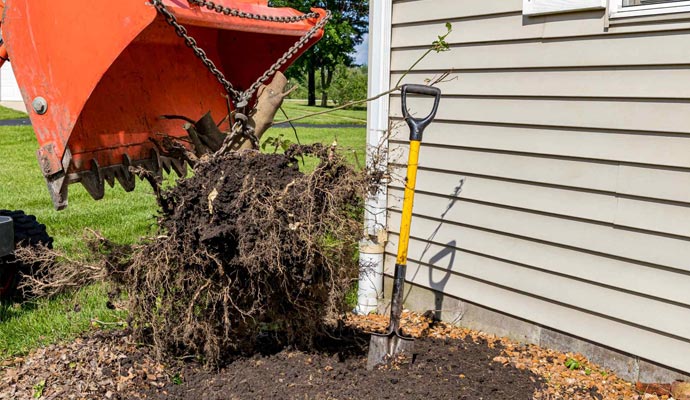
Tree Roots
Tree roots are one of the most common causes of sewer backups. As trees grow, their roots can extend and enter the sewer pipes, causing blockages and obstructions. The roots can also crack or damage the pipes, allowing debris to accumulate, which can eventually lead to a backup. This is why it's important to choose the right location when planting trees, especially near your home or business's sewer lines.
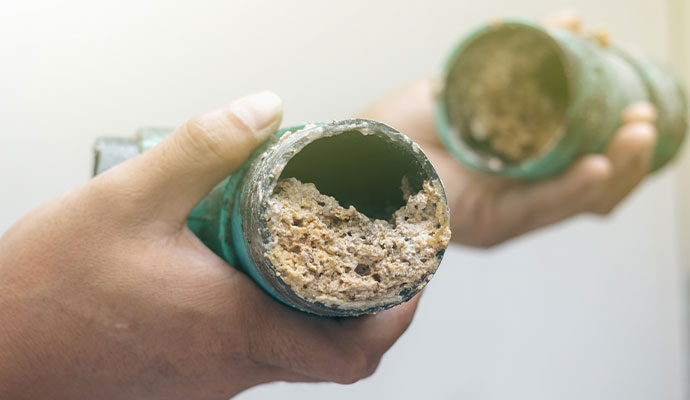
Grease Buildup
Another common cause of sewer backups is grease buildup. Grease is a common byproduct of cooking and can accumulate in the drainpipes over time. This grease can stick to the inside of the pipes, causing blockages that lead to backups. You should never pour grease down the drain, as this will only contribute to the problem. Instead, wipe excess grease off pans and dispose of it in the trash can.
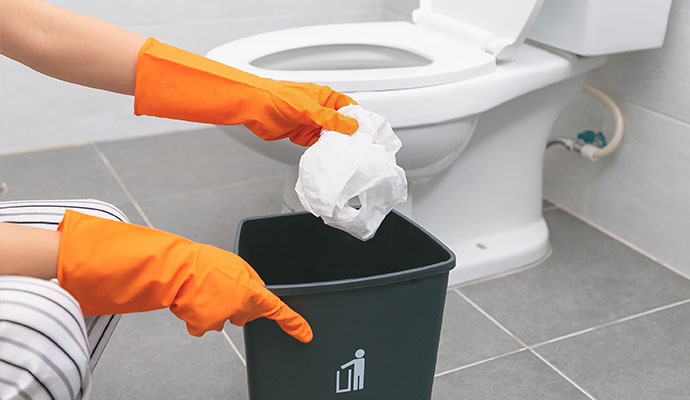
Flushing Non-Biodegradable Items
Flushing non-biodegradable items down the toilet or sink can also cause sewer backups. Items like wet wipes, feminine hygiene products, diapers, and even dental floss can accumulate in the pipes and create blockages. These items should be disposed of properly in the trash can, rather than flushed down the toilet or sink.
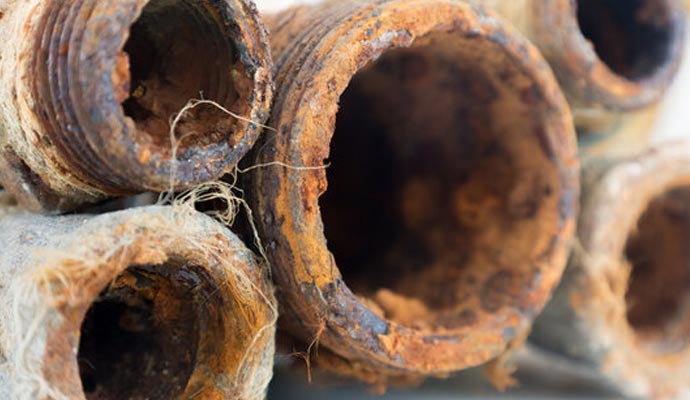
Old or Damaged Pipes
Old or damaged pipes can also cause sewer backups. Pipes can deteriorate over time due to age, corrosion, or damage caused by external factors such as tree roots. When pipes become damaged or corroded, they can collapse or become blocked, resulting in backups. It's important to have your plumbing system inspected regularly by a professional to identify any potential problems with your pipes.
Heavy Rainfall
Heavy rainfall can also cause sewer backups. When it rains heavily, especially if the rain is sudden and intense, the amount of water entering the sewer system can overwhelm the pipes. This can cause the water to back up into your home or business, creating a serious problem. To prevent this from happening, consider installing a backflow prevention valve, which can help protect your property from sewer backups during heavy rainfall.
In conclusion, a sewer backup can be caused by a variety of factors, including tree roots, flushing non-biodegradable items, grease buildup, old or damaged pipes, and heavy rainfall. By understanding these causes, you can take steps to prevent backups from occurring, such as proper disposal of non-biodegradable items, regular pipe inspections, and installing backflow prevention valves. If you do experience a sewer backup, it's important to contact a professional plumber immediately to minimize the damage and ensure the problem is resolved quickly and safely.
In the event of a sewer backup, it is important to take swift action to minimize damage and protect your family’s health. Contact a professional restoration company like PDQ Restoration for immediate assistance. Sewage poses a health risk due to the presence of bacteria, viruses, and other harmful substances. Professionals will use specialized equipment to safely remove the sewage and restore your home to its pre-loss condition.
In conclusion, a sewer backup can be caused by numerous factors, including clogs, tree roots, broken pipes, and heavy rain or flooding. It is essential to take preventative measures to avoid these issues and address any problems promptly. Remember to contact a professional restoration company like PDQ Restoration for immediate assistance in the event of a sewer backup.

